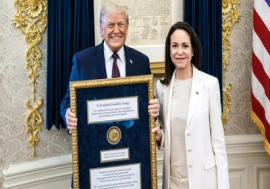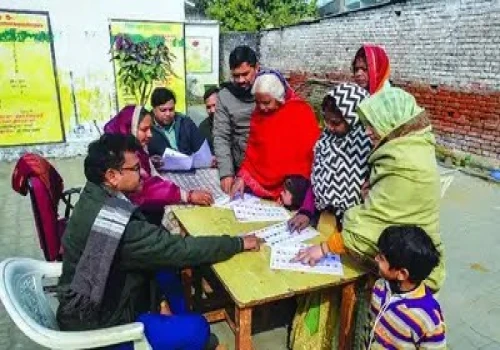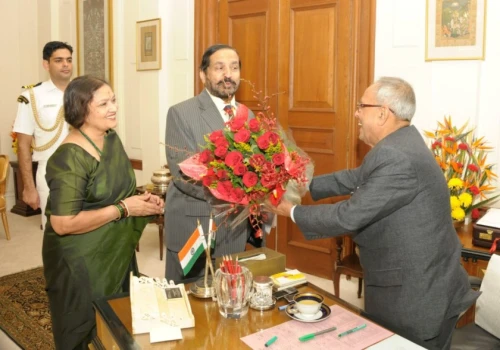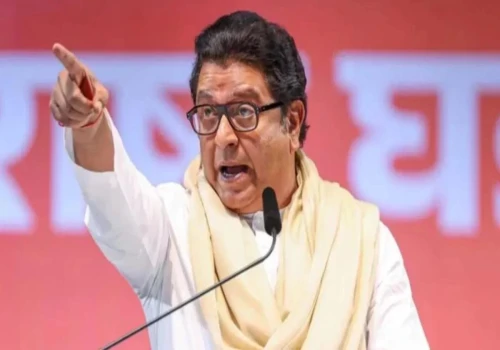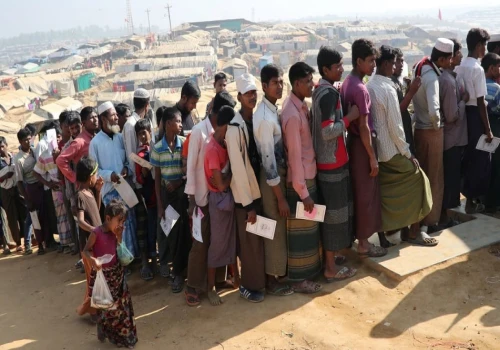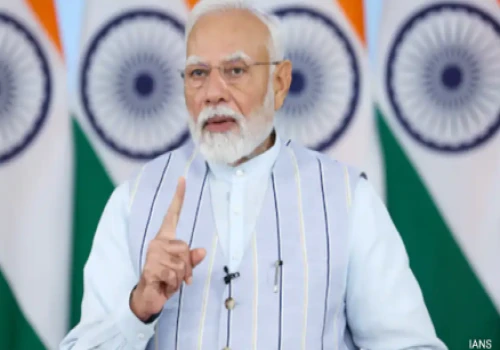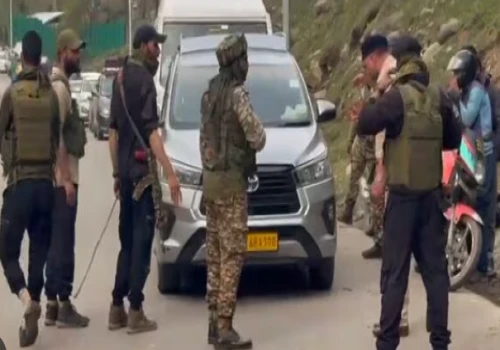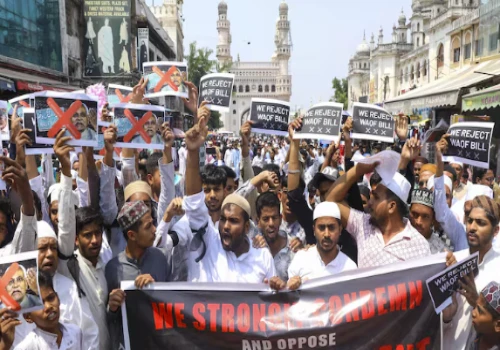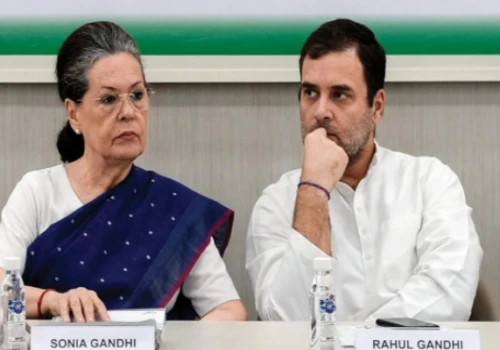_2100_x_1470.webp)
Witnessing a number of incidents and subsequent news coverage in national and global media outlets, an adviser in the Bangladesh’s interim government, led by Nobel laureate Dr. Muhammad Yunus, stated that Dhaka had officially protested against the pushback policy, which was adopted by the Indian agencies to deport undocumented Bangladeshi migrants from the South Asian nation. Bangla foreign affairs adviser Touhid Hossain also added that a formal letter was sent to the Union government in New Delhi with a request for deporting the individuals through official channels after a careful verification. He asserted that a pre-verification of citizenship for each and every individual is essential before deporting them to Bangladesh.
Dhaka is also preparing to send another diplomatic note to New Delhi over the continued push-in of individuals through the Bangladesh land border points at Khagrachari, Kurigram, Sylhet, Moulvibazar, Habiganj, Dinajpur, Thakurgaon, Panchagarh, Comilla, Feni, and Jhenidah. Recently, India’s foreign ministry sent a list of over 2365 suspected Bangladeshi nationals, who were illegally staying in the country, for verification by Dhaka. A concerned ministry spokesperson on 22 May revealed that after due confirmation about their nationality, those individuals would be deported to their home country. Hossain acknowledged that Dhaka has received the list and will properly examine each case.
Earlier, the Border Guard Bangladesh (BGB) claimed that India had sent nearly 2000 individuals into their territory since the first week of May under the newly adopted pushback operation. BGB director general Mohammad Ashrafuzzaman Siddiqui stated that some Bengali-speaking Muslims, along with Rohingya people (originally from Arakan province in western Myanmar), were systematically pushed in by the Border Security Force (BSF) without any official intimation. Siddiqui alleged that many Bangladeshi nationals, who had been living in India for decades (with their children getting Indian citizenship by birth), were picked up and sent back, ignoring the opposition from Dhaka.
Some Dhaka-based political analysts believe that New Delhi was following the tactic with an aim to pressurize the caretaker government, formed after the sudden fall of Sheikh Hasina’s Awami League government on 5 August 2024 following an unprecedented students’ movement that turned into a mass uprising. The uprising in Bangladesh put New Delhi in a difficult situation, as Hasina was seemingly loyal to India in her 16 years of consecutive rule as the premier. She was airlifted from Dhaka and also given shelter after a ‘short request notice’. However, New Delhi is yet to clarify if the ousted Awami League chief was offered a formal asylum even after ten months of her departure from Bangladesh, thanks to her unpopularity among a large section of Indian people.
India, though not a signatory to the 1951 UN Refugee Convention and its 1967 Protocol, gives shelter to over two crore immigrants from Pakistan, Nepal, Tibet, Sri Lanka, Myanmar, Bangladesh, and other countries. The Indians traditionally support the migrants out of their kindness, following the Vedic philosophy of ‘Vasudhaiva Kutumbakam’ (literally meaning the whole human society as a single family). Lately, however, the Supreme Court of India came out with strong observations against the illegal migrants taking shelter in the country. The SC on 4 February criticized the Assam government for its delay in deporting declared foreign nationals (who were lodged in the Matia detention center in the Goalpara locality since January 2023).
Assam chief minister Himanta Biswa Sarma brought the issue to public notice, stating that the government was pushing illegal infiltrators (including Rohingyas) into Bangladesh. The saffron leader on 10 May informed a group of reporters in Guwahati that the pushback policy was adopted to deal with all undocumented Bangladeshi migrants and declared foreign nationals, including Rohingyas. On a different occasion, Sarma cited an apex court order directing the government to deport the declared foreigners (who have not filed review petitions in the higher court) to their country of origin. He also added that nearly 100 individuals were sent back to Bangladesh, where some illegal Bangladeshi migrants and Rohingyas were brought from Delhi and pushed towards Bangladesh.
One can remember that the National Register of Citizens (NRC) updating process in Assam detected over 19 lakh undocumented individuals. Hitesh Devsarma, a retired IAS officer who looked after the process, claimed that all illegal Bangladeshi nationals or other migrants can be identified with some simple and effective procedures enlisted in the NRC Assam exercise. Devsarma, however, alleged that the first coordinator of NRC Assam (Prateek Hajela) used tempered software to include hundreds of thousands of illegal migrants in the list of beneficiaries for his personal gain, and hence he lodged a police complaint against his predecessor Hajela. Devsarma insisted on a complete re-verification of the NRC supplementary list, which would bring more people in the list of illegal foreigners, before its endorsement and implementation.
Years back, a Guwahati-based television scribe was named and shamed on social media for his alleged involvement in the NRC updating scam. The concerned Asomiya journalist pursued accepting the draft NRC as the final one with no verification. During a television talk show, which he hosted, the journalist lavishly appreciated Hajela as one of the finest bureaucrats for his contribution to the NRC updating process. But the same officer was identified by the Comptroller and Auditor General of India (CAG) as being involved in the large-scale financial anomalies in the process, for which the central government spent Rs 1600 crores. The notorious journalist, who never reacted to the social media posts indicating his fraudulent role, continues to give lectures on honesty and integrity to the nation. A proper probe into the irregularities under the NRC updating process may catch many such high-level crooks, who place personal gains ahead of national security and pride.

